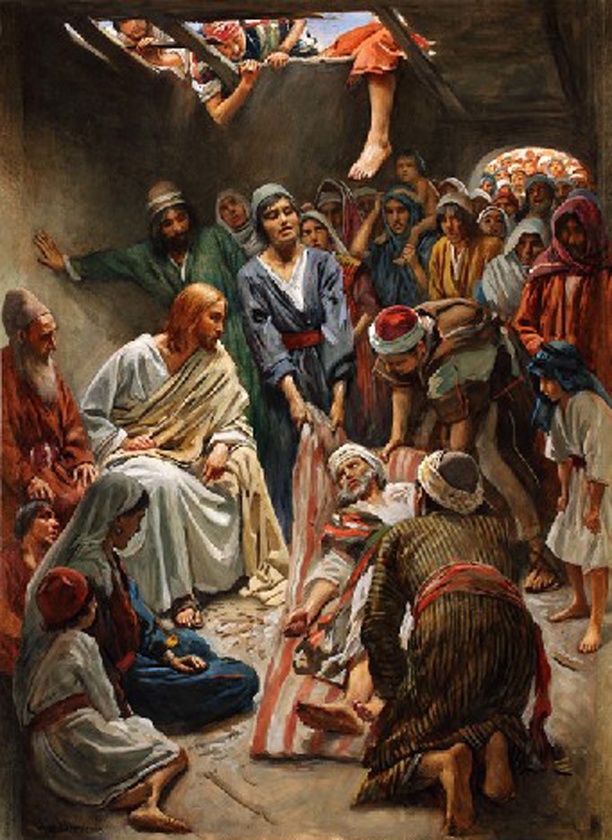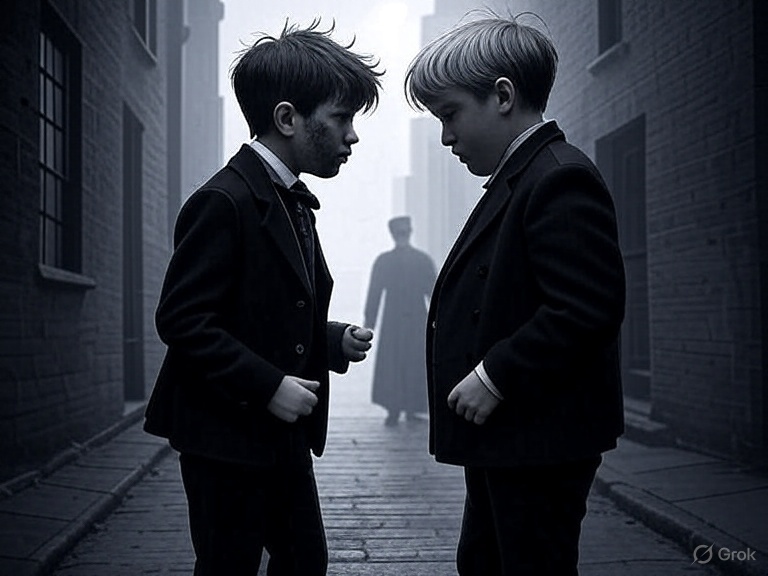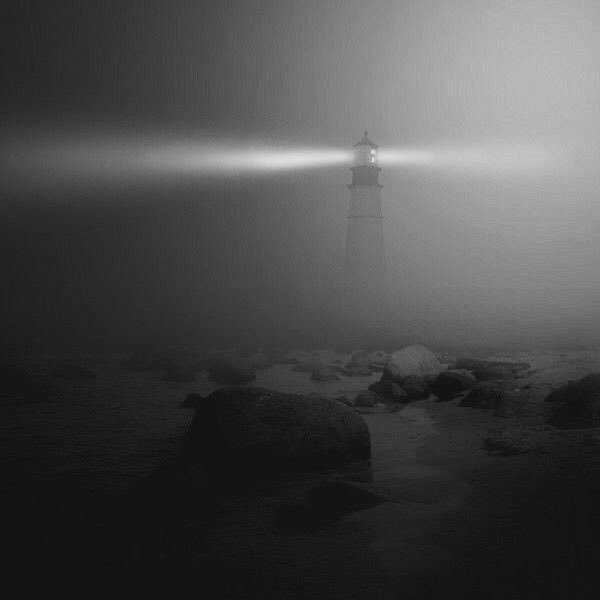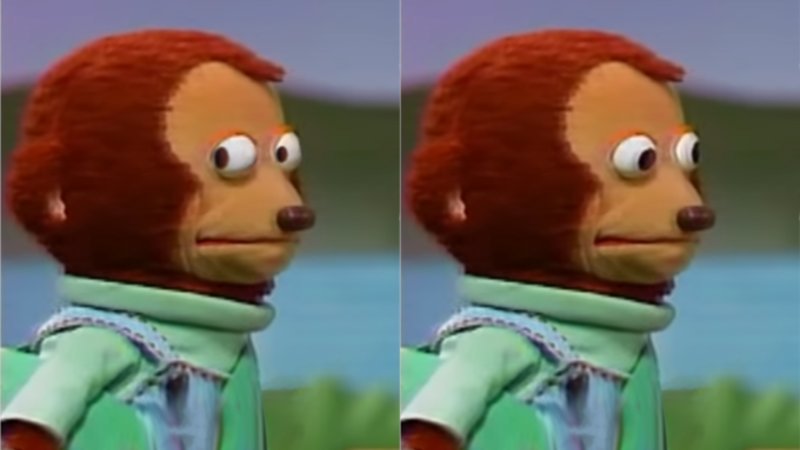One of my favorite parts of the Gospel is Jesus's riddle to the Pharisees. When they are scandalized by His forgiving the sins of a paralytic, Jesus asks them which is easier to say: Your sins are forgiven; or, Rise up, pick up your bed, and walk?
There's so much subtlety in this question. On the purely literal level, neither is very much more difficult than the other; the latter has more syllables to pronounce and that's about it; neither is really a tongue twister. Yet, that's not what Jesus is asking.
It's obvious that it's harder to say, "Get up and walk," because the subject either walks or doesn't. Anyone can say, "Your sins are forgiven," and there's no way for anyone except God to know if the statement is true or false. One is demonstrable; the other is not.
And yet a third level appears. As the Pharisees well knew, it is harder to say "Your sins are forgiven you." It's harder to say if you can actually say it: To actually forgive sins is greater than healing a man's broken body. The Pharisees are right; nobody can except God alone. On a certain level, one of these is impossible to say at all.
So, they are exactly the same difficulty to say, but it's much harder to say the one that can be proved right or wrong; and yet it's also impossible to say the other because only God can say it.
Of course, the beautiful part comes in when Jesus explains the riddle; and this is the sign of a great riddle, when the explanation is just as mysterious as the question. You see, Jesus sets up this dilemma, say one or the other, and then He turns around and says both. To prove the unprovable, He does the provable: He tells the paralytic to rise up and walk.
So now, which one is harder to say? When there was no way to prove the power to forgive sins, it was easier, on one level, to say that the man's sins were forgiven, but now that the demonstrable is done, now that the man is walking, that earlier statement which riled up the Pharisees so much is shown to be far weightier than a mere spiritualized fantasy.
Whether or not you believe in the Gospel, I think it should be seen how potent this narrative is on a literary level. It starts as a very human riddle: we long for both spiritual comfort and our immediate material needs. Which one is greater? This is a question we are always asking. If I had written out this riddle myself without knowing the answer, if I had just plainly put this dilemma before people, I would rightly be called a great artist. But man can only ask the question. When the answer comes, "So that you may know," it is amazing.
* What are some of your favorite riddles/dilemmas in life?
* What's one of your favorite parts of the Gospel?
* Which is easier to say?















